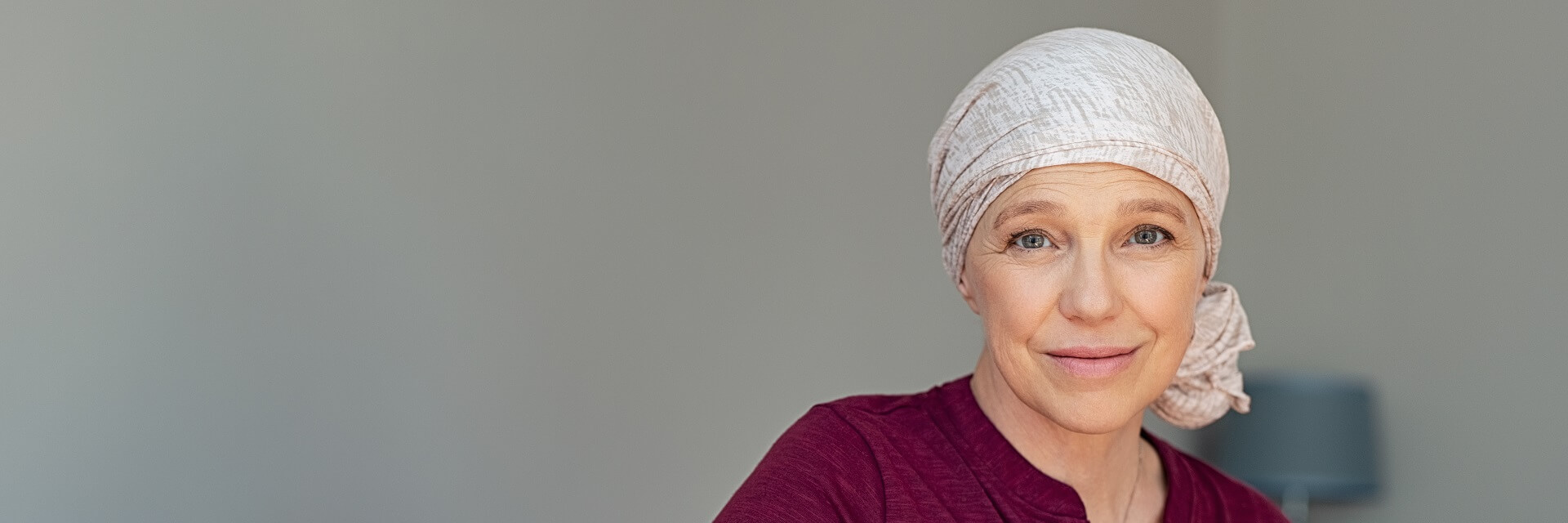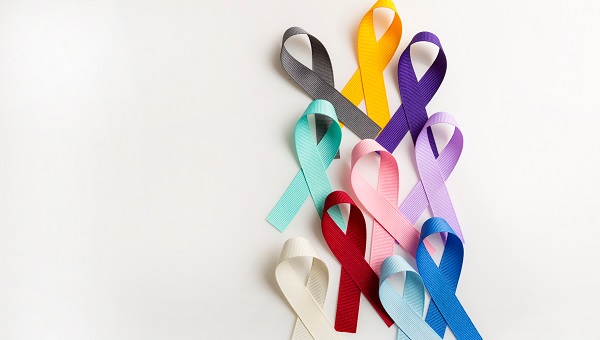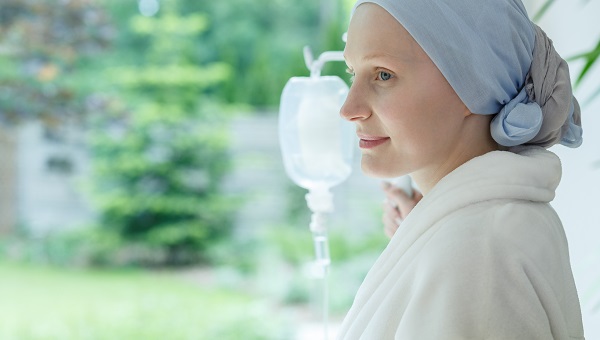Cancer Care and Survivorship
Dealing with cancer is difficult for the patient and their loved ones. Not only is a cancer diagnosis overwhelming, but treatment can be physically and emotionally stressful as well. At BayCare, we understand and recognize the need for support during this time. We’re here to be your compassionate network, helping you learn about the treatment process and assisting you in navigating through the resources available to you. When it comes to oncology care and survivorship at BayCare, you can be confident in the comprehensive care you’ll receive.
Survivorship
After undergoing cancer treatment, you will likely experience a huge sense of relief. You may also feel excited that you can do things you love again. However, it is important to remember that your body has been through a lot. Battling cancer and the rigorous treatment you've received is a tough journey, so make sure to introduce activities slowly.
Talk with your doctor about easing back into a normal schedule and the steps you can take to improve your quality of life for the future. If you do not have a primary care physician, let us help you find one.
Becoming Active Again
While it is important to stay as active as possible during cancer treatment, it is likely that you had to put certain activities or forms of exercise on hold. After getting your doctor’s approval, slowly ease your way back into a normal exercise routine without overexerting yourself. Activities like walking, hiking, swimming or easy cycling can help you to:
- Increase your strength
- Lower your anxiety
- Enhance your energy level
- Fight symptoms of depression
- Maintain a healthy body weight
Eating Healthy Foods & Maintaining Your Body Weight
Many people experience weight loss or gain during cancer treatment. Talk with your health care provider about adjusting your new nutritional needs and goals for weight management. If you used tobacco products before treatment, it is important that you do not resume this habit during the recovery process. In addition, you should only consume alcohol in moderation, if at all.
Find easy and healthy recipes ideas to add to your meal plan.
Getting Follow-up Medical Care
Cancer survivors need follow-up medical care to ensure that their cancer has not returned and monitor any side effects that may persist after treatment. Follow-up appointments with your doctor may be necessary every few months in the first couple of years following treatment. Your doctor will likely:
- Perform a physical exam
- Review your medical history
- Ask you about any residual symptoms or side effects you are experiencing
- Conduct blood tests
- Order imaging scans or endoscopies
The Emotional Side of Recovery
Recovering from cancer isn’t just about helping your body to return to normal. It is also about healing emotionally and psychologically from the stress and pain of a cancer diagnosis and treatment. Many patients choose to undergo therapy or counseling both during and after treatment to talk about battling cancer. Survivor support groups are also a way for people recovering from cancer to come together and discuss their experiences.
To learn more, review the National Cancer Institute’s guide to Life After Treatment or explore the American Cancer Society’s Cancer Survivors Network.
Resources for Recovery at BayCare
In addition to the state-of-the-art cancer treatment services, BayCare offers a wide variety of classes, events, and support groups. Cancer patients, their families, and caregivers can get the resources they need to make confident and informed decisions. We also offer cancer fitness programs, yoga classes, and opportunities to make the most of your life after cancer. Find a class, event, or support group near you.
Podcasts
-
Dr. Nick Dewan shares tips on how to cope with stress.
-
Leslie Dempsey, Senior Certified Child Life Specialist, discusses how to make hospitals less scary for kids and how to prepare your children for hospitalization so they know what to expect.
-
Dr. Nick Dewan discusses mental wellness and how to lead a healthy lifestyle.
-
BayCare Health Care Navigators offer free assistance to help people understand their health care insurance options.
-
In times of uncertainty and tragedy, some people struggle to keep going while others adapt to life-changing events more easily. Being resilient is what makes the difference. Led by BayCare mental health professional Tracy A. Daniels, MA, this podcast will help you learn to harness the power of resiliency and self-care to help manage stress.
Additional Resources
Cancer Care Resources
- Treatment types
- Complementary Medicine
- Alternative Medicine
- Side effects
- Palliative or supportive care
Survivorship Resources
- Cancer Survivorship (Patient Resource Publications*)
- OncoLink Survivorship Care Plan





